When times get tough, the old saying “cash is king” might not hold up. In a crisis where money loses its value, bartering becomes the backbone of survival. The key to thriving in such situations is having valuable, practical items that others need but can’t easily get. I always like to think of these items as investments—not in dollars, but in survival and community.
In this list, I’ll walk you through 23 items that could become essential bartering currency in uncertain times. These aren’t just random picks—they’re based on real needs and historical trends from times when bartering was the norm. By understanding the worth of these items now, you can ensure you’re prepared for anything the future holds.
1. Clean Drinking Water
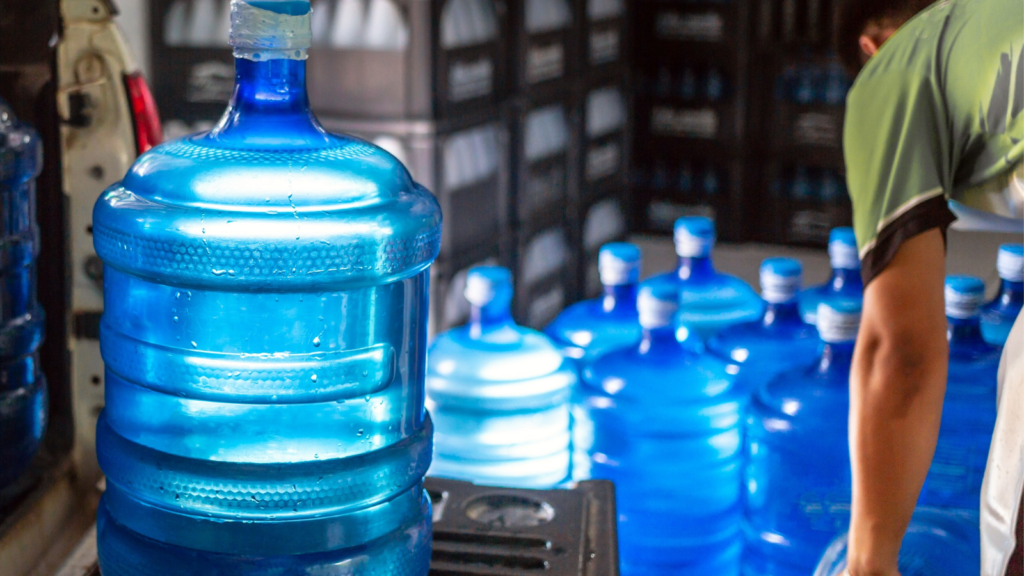
Water is life, plain and simple. In any crisis, clean water becomes one of the most sought-after commodities. Whether you have a personal filtration system, water purification tablets, or just extra gallons stored away, these will hold incredible value for bartering with others who may not be as prepared.
2. Non-Perishable Food
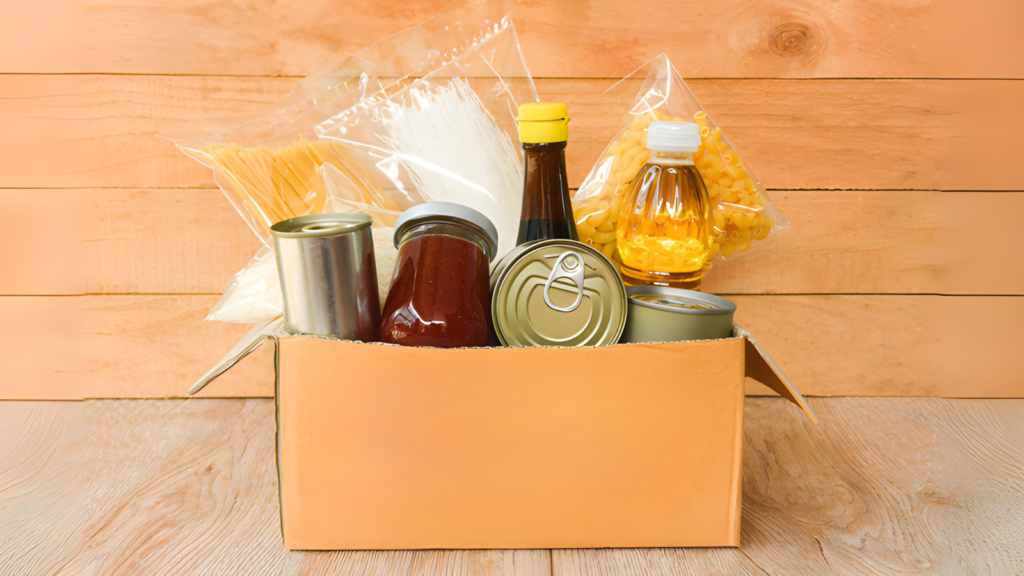
Think rice, beans, canned goods, and vacuum-sealed items. Food that can last for years will always be in demand, especially when grocery shelves are empty. Having extra food stores not only ensures your survival but also gives you leverage when others are in need.
3. Medical Supplies

Bandages, antiseptics, painkillers, and even basic first-aid kits are priceless in a crisis. People get hurt, and supplies run out quickly. Stocking up on these items now could mean life-saving bartering power later.
4. Fire-Starting Tools

Matches, lighters, or fire starters like ferrocerium rods are crucial for warmth and cooking. Many people won’t think to stockpile these simple tools, making them a hot commodity when the need arises.
5. Ammunition
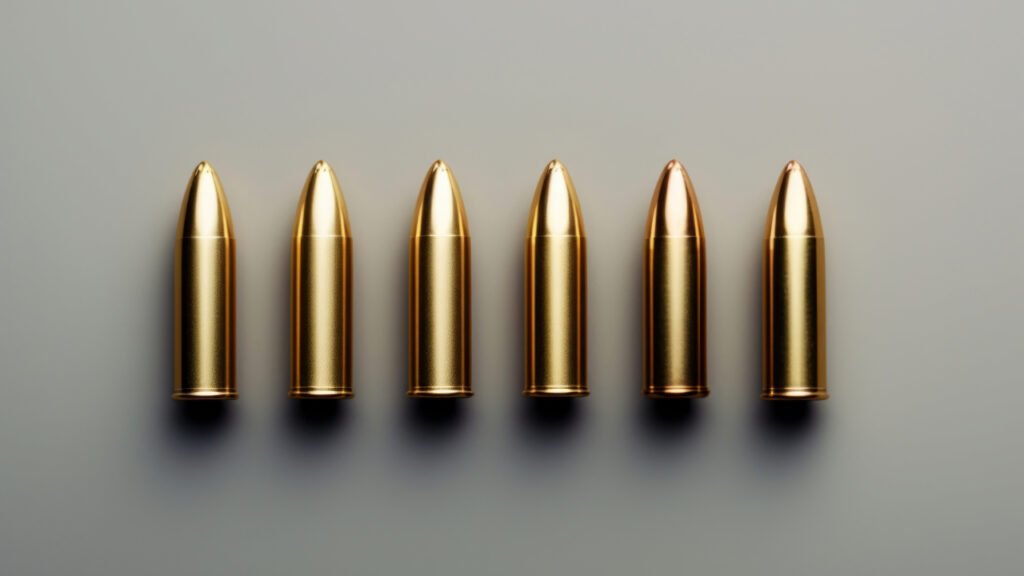
If firearms are common in your area, ammunition becomes an incredibly valuable bartering item. It’s small, easy to store, and essential for both hunting and self-defense.
6. Soap and Hygiene Products
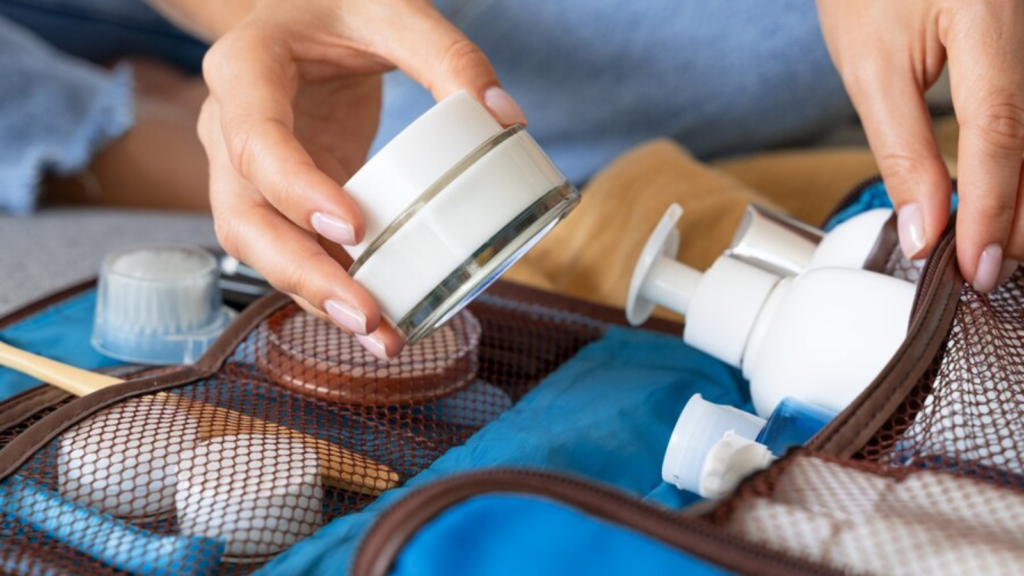
Bars of soap, toothpaste, and feminine hygiene products are often overlooked but are necessary for health and morale. Cleanliness prevents disease, making these items extremely useful in trade.
7. Batteries
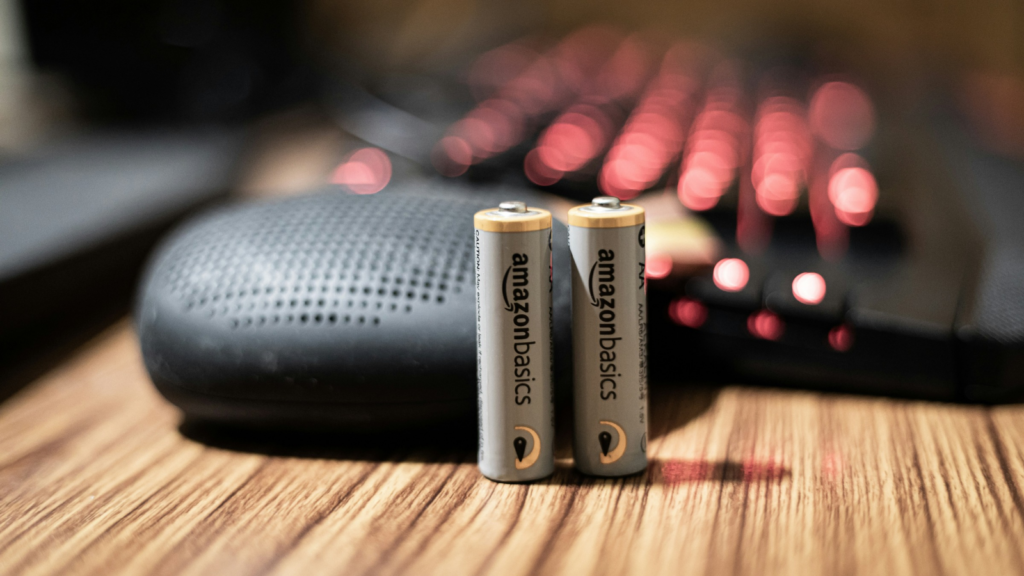
From flashlights to radios, batteries power vital devices during emergencies. Stockpile a range of sizes, as someone will always need them, especially rechargeable ones paired with a solar charger.
8. Fuel and Oil
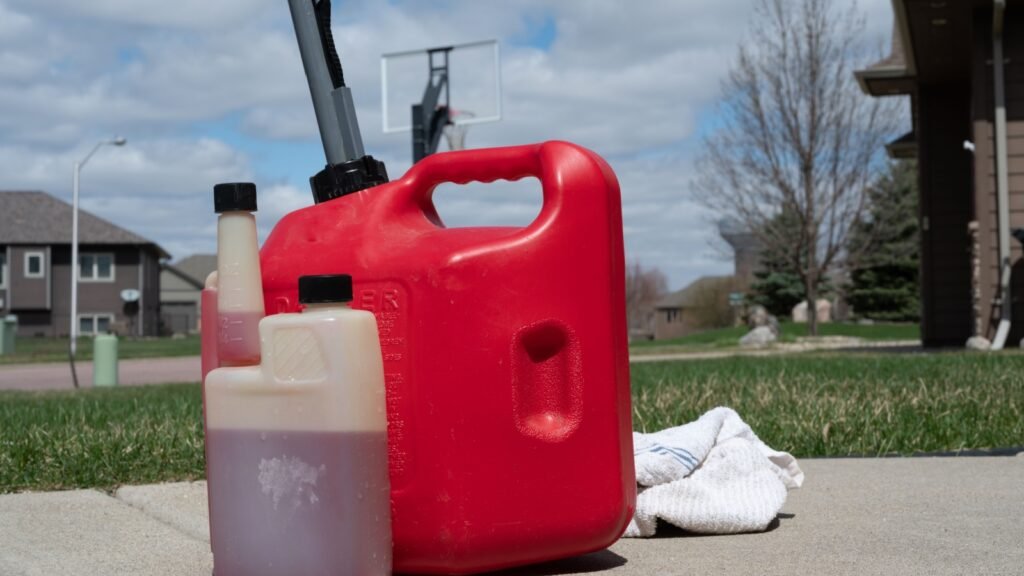
Gasoline, diesel, kerosene, and even cooking oil can be indispensable. Fuel shortages can cripple communities, and having a stockpile for bartering could keep your neighbors’ generators or vehicles running.
9. Alcohol
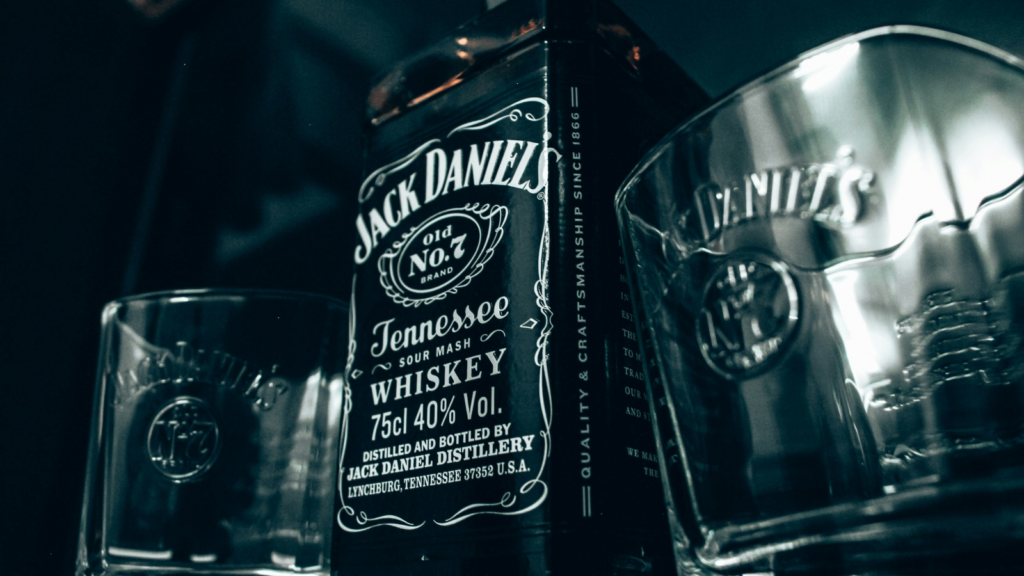
Hard liquors like vodka or whiskey have multiple uses—from drinking and medical disinfecting to morale boosting. Historically, alcohol has always been a valuable trade item.
10. Seeds for Gardening

In a long-term crisis, growing food will be essential. Seeds for hardy, fast-growing crops like tomatoes, carrots, and beans can give someone the ability to sustain themselves, making them an invaluable trade good.
11. Tools and Hardware

Hammers, nails, screwdrivers, and other tools are indispensable when repairs and building are essential. Quality tools can last decades and become a critical bartering item for survivalists and settlers.
12. Warm Clothing and Blankets
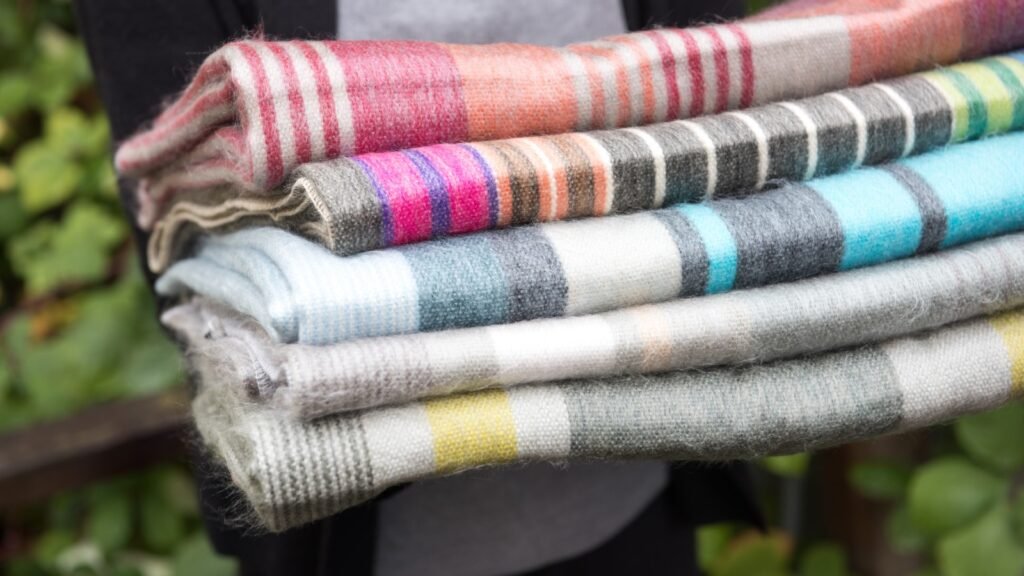
In colder climates, staying warm is a matter of survival. Extra jackets, hats, gloves, and wool blankets can become a lifesaving trade option during harsh weather conditions.
13. Coffee and Tea
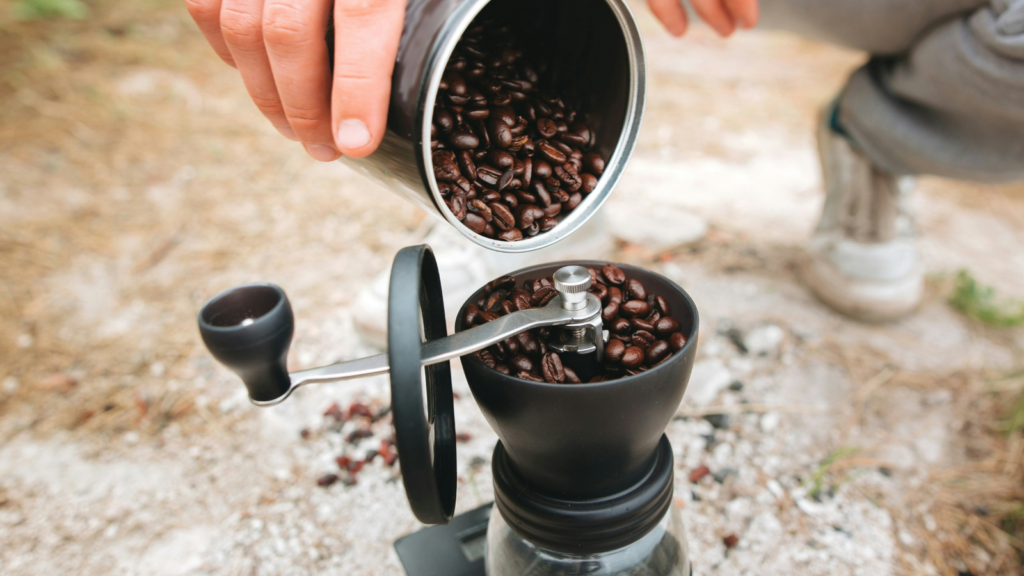
These simple luxuries can provide comfort and focus, making them surprisingly valuable in a crisis. They’re lightweight, easy to store, and often craved by those used to daily caffeine.
14. Salt

Salt has been a bartering staple for centuries because it’s essential for both seasoning and preserving food. It’s cheap to stockpile now but could become highly prized in tough times.
15. Fishing Gear

Basic fishing rods, hooks, and nets are timeless tools for survival near water. Offering someone the ability to catch their own food makes fishing gear a powerful trade asset.
16. Over-the-Counter Medications

Ibuprofen, antihistamines, and cold medicine can provide relief when pharmacies are inaccessible. People will pay—or barter—a premium for the simple relief these bring.
17. Candles
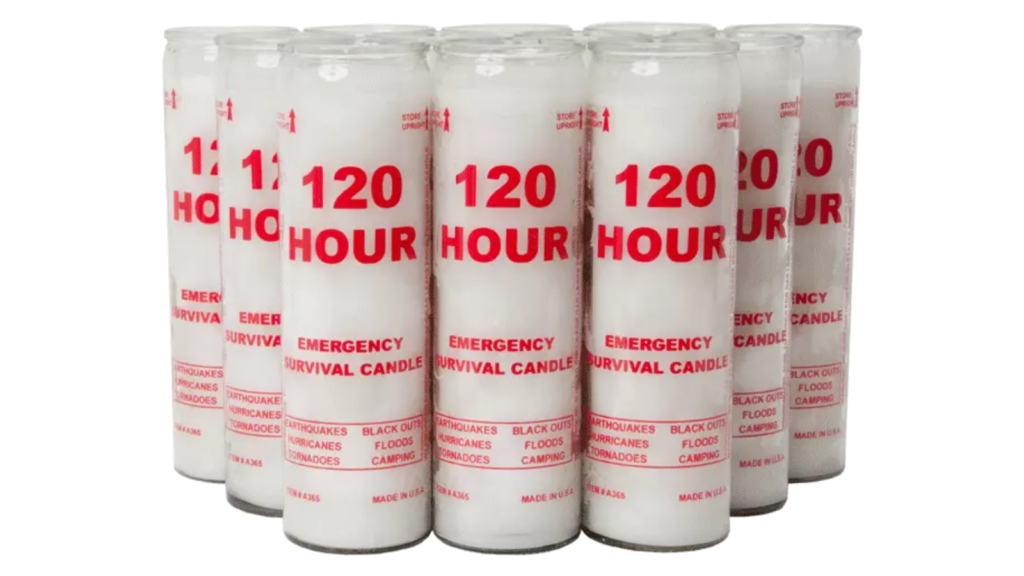
When electricity is out, candles are essential for light and warmth. They’re inexpensive to store and will always have value in a barter economy.
18. Duct Tape
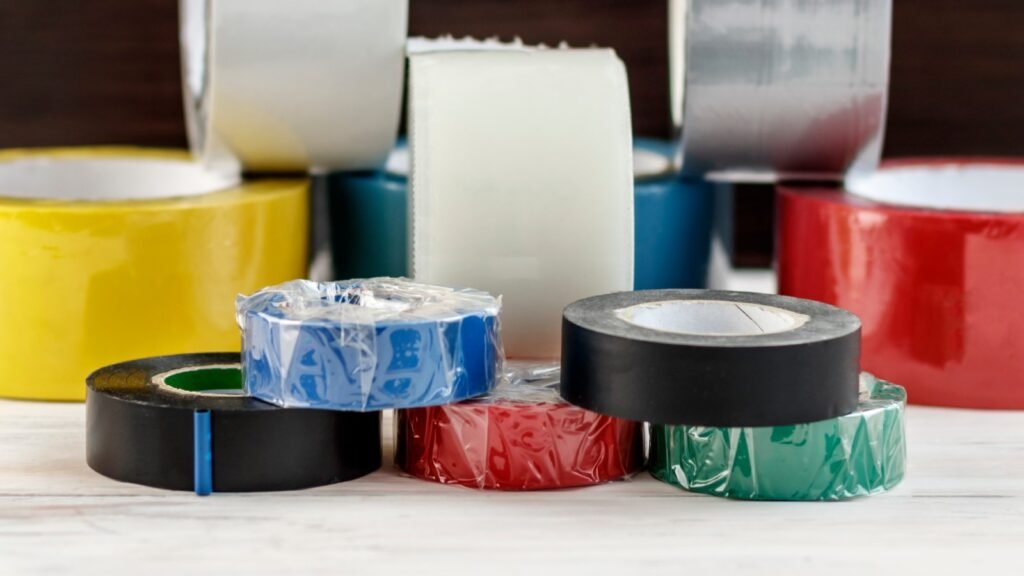
This all-purpose repair tool can patch up just about anything, from broken windows to torn clothing. Its versatility makes it a high-demand item when resources are scarce.
19. Toilet Paper
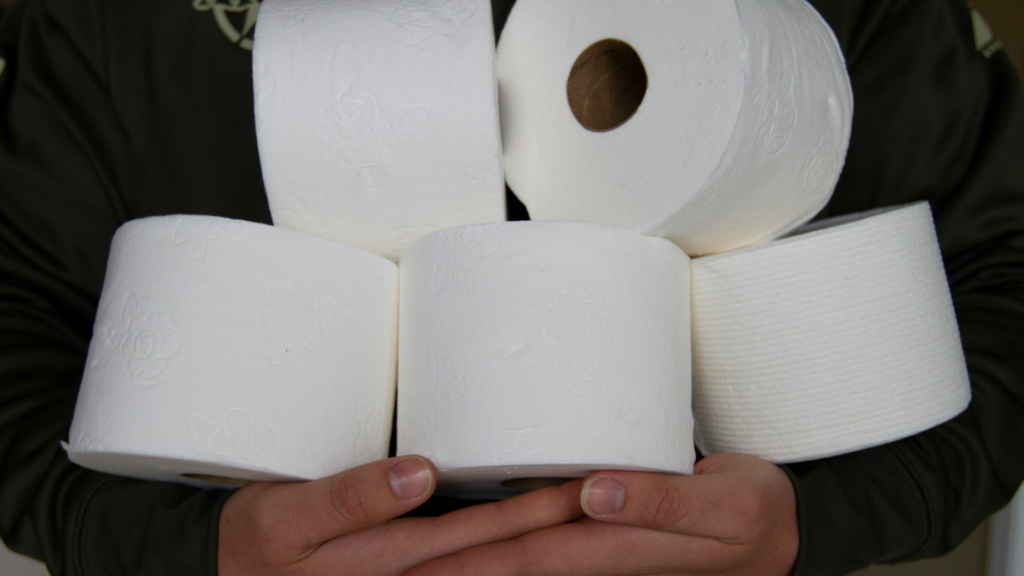
We all saw how quickly this became a panic-buy item during recent global events. In a long-term crisis, having extra rolls of TP could make you the most popular barterer in town.
20. Spare Shoes
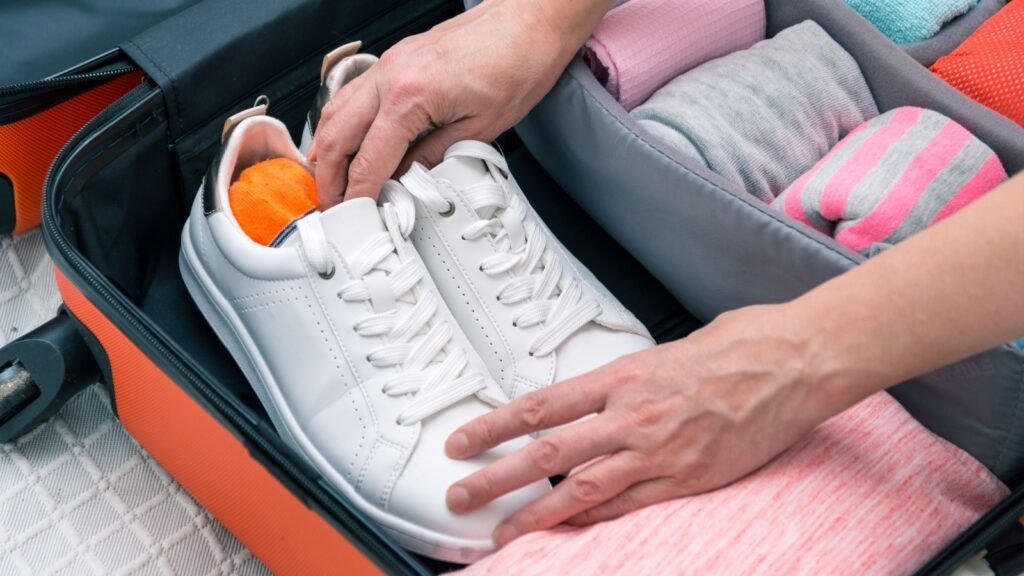
Shoes wear out, and good ones are hard to replace during hard times. If you have extras, especially durable work or hiking boots, you’ll find plenty of takers.
21. Hand Tools for Farming

Shovels, hoes, and axes are must-haves for anyone trying to cultivate land. These items are bulky but invaluable in rural or farming-heavy areas.
22. Knowledge and Skills
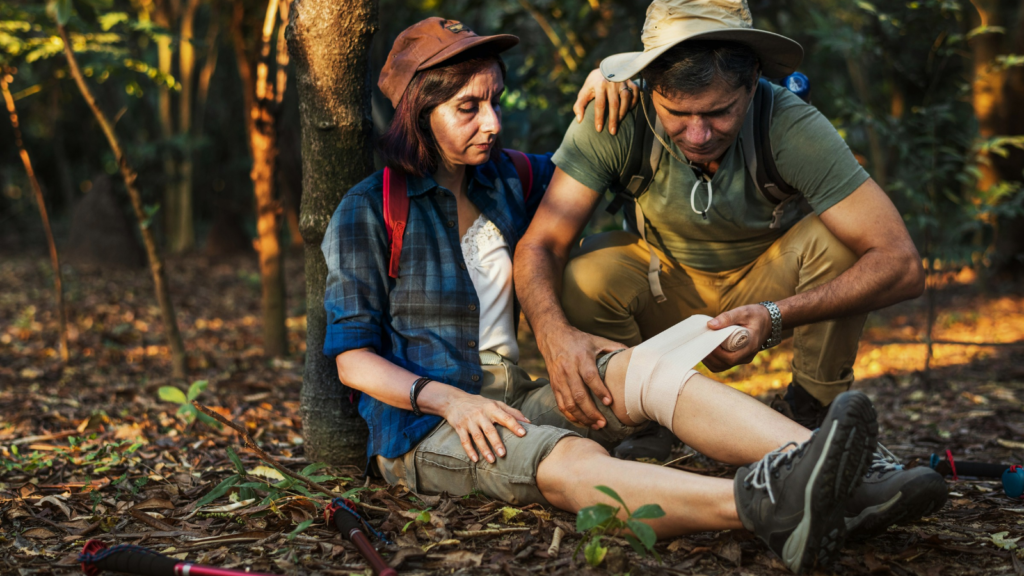
Sometimes, what you know is as valuable as what you have. Offering skills like first aid, carpentry, or mechanical repair can open doors in a barter economy. Knowledge can’t run out, making it a renewable and endless resource.
23. Pet Supplies
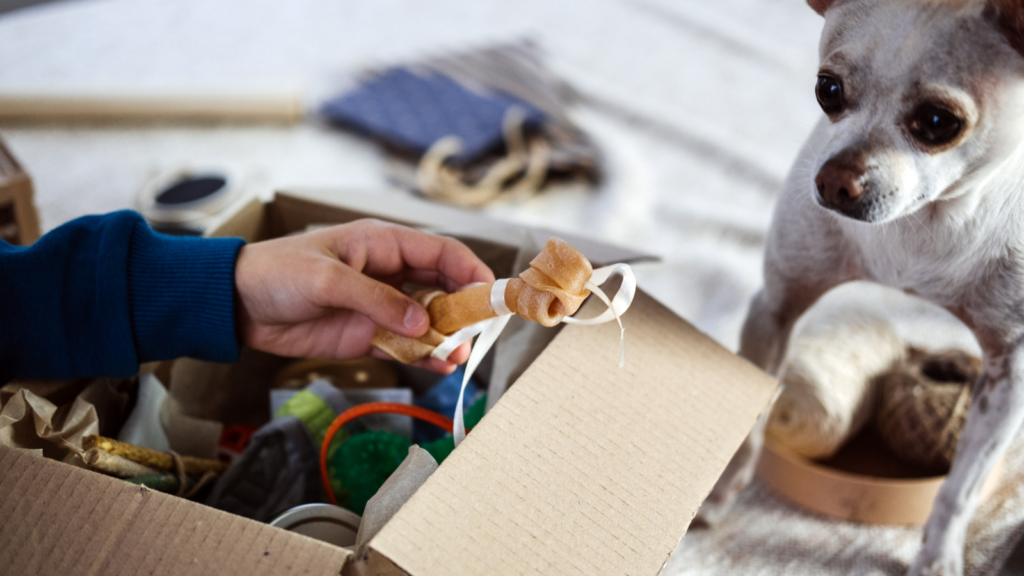
Pets are part of the family for many people. Extra pet food or supplies like leashes and collars can be traded with those desperate to care for their furry companions during hard times.

